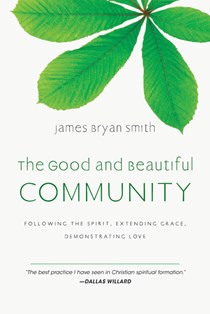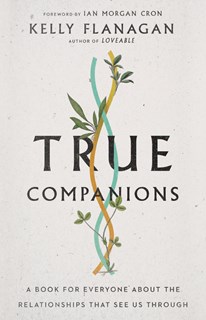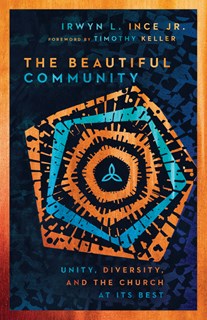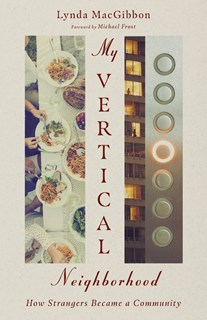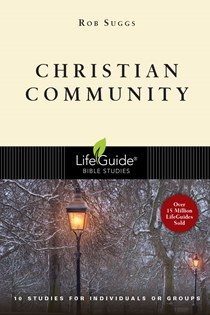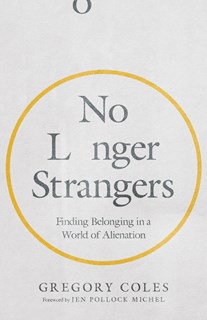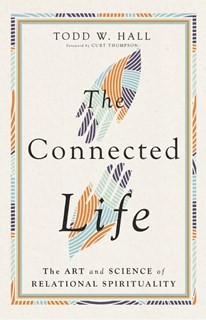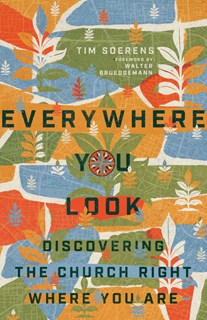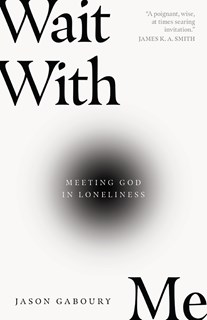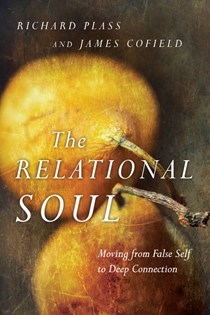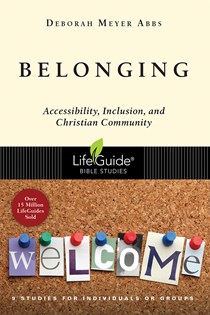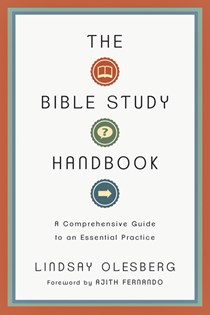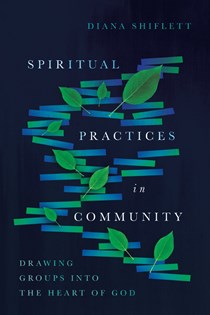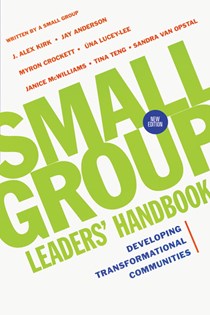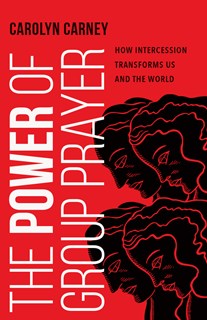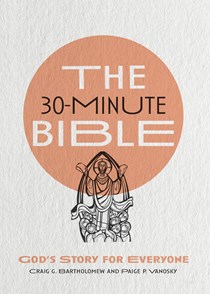How Studying the Bible Together Builds Vital Spiritual Community
By Makayla Payne
We are a culture of lonely people. A recent report shows that a lack of social connection increases the risk of disease and early death at a similar rate to smoking. A study on social relationships reports that many Americans do not have a single friend they can honestly share their struggles, pain, hopes, and dreams with. We're in a "loneliness epidemic," and many of us know this by experience.
This was our state before we entered the Covid-19 pandemic. We've spent these years in increased isolation, especially for those who lived alone, suffered the loss of a loved one, or had close relationships fall apart. Many of the reasons we're lonely are outside of our control. Community is more vital now than ever—but how do we pursue it?
Studying the Bible together is one way to build community. While not a magic solution, the best small groups act as a salve for our loneliness. Scripture addresses the deep questions of our souls, and wrestling with these big issues together reminds us we are not alone. The struggles we have with our relationships, finances, jobs, and bodies have been experienced by saints before us throughout history. They're also being experienced by the people beside us in our community.
Studying Scripture is a living process because God is alive and so is his Word. Through the Spirit's power, God's Word encourages, corrects, and teaches us. This particularly happens in the context of the church. Our diverse cultures, backgrounds, and personalities mean we each have unique insight on the text that others need to hear. As one body, we benefit from the perspective of others.
A Christian community is about more than a weekly event or covering the content—it's about the quality of relationships that we build.
Tips for Leading Small Groups That Foster True Community
True community is sustained through a culture of acceptance, safety, and belonging. When people in the group feel safe, they are more comfortable sharing their thoughts and feelings. In a true community, vulnerability is valued, not exploited. Genuine listening, empathy, and emotional support go a long way. Members of the group can practice these by listening to understand rather than listening in order to respond. We can get curious about another person's perspective or experience and seek to be slow to judge.
Leading a small group can be simple. Opening your home or sharing a meal is a great place to start. The purpose is to create connection with others. By welcoming others into your space, you take the first step in deepening the relationship.
Asking thoughtful ice-breaker questions can invite others to share more about themselves (e.g., What would your memoir be called? What is a random fear you have? What hobby feels most life-giving to you and why?).
Hospitality may require intentional planning, but it doesn't always have to. If you're able, simply inviting another person into your daily rhythms fosters community as well.
When I was in high school, a family from my youth group had me over to their house regularly. As a relatively new believer, it was formational for me to enter into this family's daily life. I valued doing the mundane stuff with them. I ran errands with them, watched TV with them, and got an up-close look at their family dynamics—the fights and celebrations and everything in between. Sometimes we just sat on the couch and hung out with no agenda, other times we made crafts and picked up take-out. I love a well-planned gathering more than most people, yet there's something special about sharing the very average moments with our community.
Small Groups Don't All Look the Same
In this recent episode of the On Getting Out of Bed Podcast with Alan Noble, Tish Harrison Warren gives an example of intentional community in her own life. She and her husband regularly meet with another couple to spend time together, share what they're going through, and pray for one another each week. They even chose to purchase their particular house in order to live close to this couple. Although not everyone has this opportunity, this is a beautiful example of embodied proximity.
During my time in seminary, a couple of my friends started a weekly prayer meeting in their apartment. They provided the space, and we showed up as often as we could to share our concerns and pray for one another. Those prayer meetings frequently extended beyond us as we brought our loved ones, community, and nations of the world before God. It's right to say our concern for the nations stemmed from the multitude of nationalities represented in that room. We were from Japan, Germany, Ethiopia, Kazakhstan, China, and the US. Our cultures enriched our time together; praying globally felt personal.
Community After You've Experienced Church Abuse
Trying to find community after you've been wounded by the church can multiply the experience of loneliness. Especially if you've experienced religious trauma, it may be important to step back for a season. Yet, if you're searching for a new safe community, know that you can take your time. The healthiest communities will be willing to meet you where you are.
Members of your group can welcome those who've been hurt by the church by staying sensitive to how common the experience is. Oftentimes, you aren't going to know if someone has experienced abuse at the first meeting. Yet, it's important to be aware of how Scripture can be weaponized and to be patient with those who are hesitant to share about themselves. If someone discloses past abuse, believe their story, listen, and affirm your care for them. Thank them for their vulnerability and ask for specific ways they'd like to receive care. Positive church experiences are vital for a survivor's healing. If abuse is a part of their present circumstance, connect them with professional help while continuing to support them.
Choose the Best Bible Study Resources for Your Group
If you're leading a group, you don't have to come up with everything yourself. Good resources prompt important insights for your group. They provide well-researched information while leaving space for you to engage the Bible on your own.
IVP has many Bible study resources to cater to the needs of your group. Some go through a book of the Bible; others focus on a topic. Our LifeGuide Bible studies are a great place to start, with over 150 studies to choose from. They come with leader notes, thoughtful questions, and application points. IVP's commentaries and reference resources are available for any questions that come up. There are many options for each book of the Bible, written by credible scholars. Our Alabaster Guided Meditations combine Scripture with beautiful images for lectio divina meditation, and we have several studies that cater specifically to women.
Check out all of IVP's Bible study resources and LifeGuide Bible studies, and sign up for our email newsletters to find out about new books and special offers.
About the Author
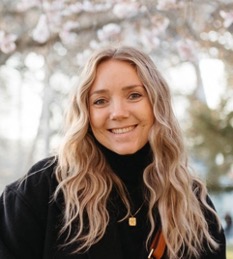
Makayla Payne is a recent Master of Divinity graduate from Trinity Evangelical Divinity School. She's passionate about writing theology beautifully and making it accessible to the church. She's particularly interested in the issues of gender and trauma. In her free time, Makayla enjoys exploring the Chicago food and coffee scene, painting, and quality time with friends. You can connect with her at makaylapayne.com.



